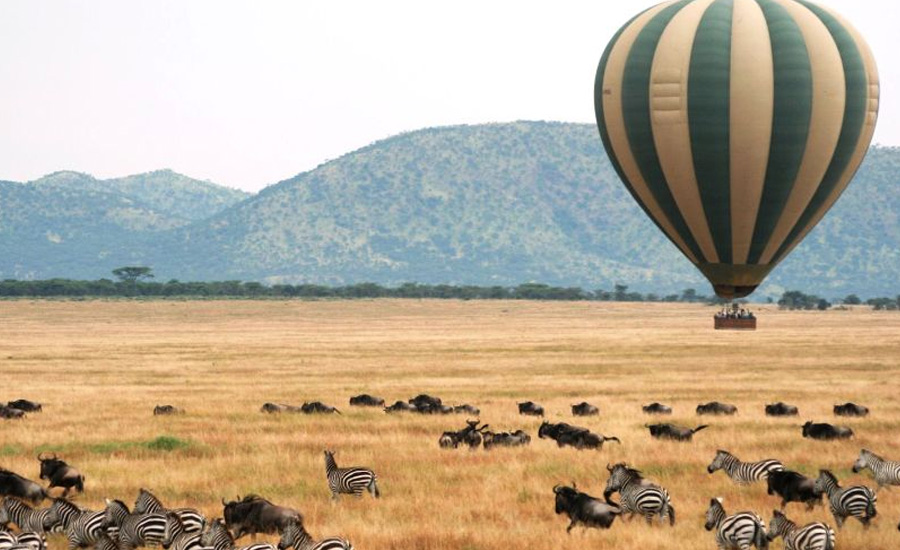Call /WhatsApp: +255 788 738494

Tucked in Kenya’s far northeastern corner, Malka Mari National Park remains one of the country’s least explored and most remote protected areas. Located in Mandera County along the Daua River, the park borders Ethiopia and offers a rare glimpse into a unique semi-arid ecosystem.
Covering over 1,500 square kilometers, Malka Mari provides a true wilderness experience. It appeals to seasoned travelers, researchers, and those seeking off-the-beaten-path adventures. Although it lacks the infrastructure of more famous parks, its raw landscapes and cultural richness make it a compelling northern Kenya safari destination.
Malka Mari National Park sits in a semi-arid region with rugged hills, open plains, seasonal rivers, and sparse vegetation. Its altitude ranges from 300 to 1,500 meters. The Daua River sustains riverside vegetation, attracting both wildlife and local communities.
Volcanic rock formations and ancient erosion shape the terrain, creating dramatic scenery that shifts from dry savannah to rocky outcrops. Despite the arid conditions, the park forms part of a larger ecological corridor supporting desert-adapted species.
Wildlife in Malka Mari is less predictable than in Kenya’s famous parks, yet the park hosts antelopes, ostriches, hyenas, jackals, and baboons. Leopards, cheetahs, and other predators roam the area but remain elusive due to the park’s low human presence and vast size.
The park’s birdlife, especially near the river, attracts enthusiasts. Visitors often spot sandgrouse, starlings, and various raptors adapted to arid climates, making the park a key destination for remote birdwatching in Kenya.
The park lies in a culturally rich region inhabited by ethnic Somali communities. Nearby homesteads, markets, and seasonal grazing lands give visitors an authentic view of life in Mandera County.
Local initiatives increasingly integrate community tourism and conservation education, highlighting the park’s potential to protect ecological and cultural heritage.
Visitors access Malka Mari National Park primarily with 4×4 vehicles or organized expeditions. The nearest major town is Mandera, and limited roads make charter flights or adventurous overland routes the easiest ways to reach the park.
Accommodation within the park is minimal. Most travelers stay in Mandera town or camp with guidance from local experts or researchers familiar with the area.
For those seeking Kenya’s remote and untamed landscapes, Malka Mari National Park offers a unique experience. It may not provide traditional game drives or luxury lodges, but it delivers solitude, raw beauty, and the chance to witness a part of Kenya few ever see. Here, the land speaks louder than the crowds, offering a true wilderness frontier to explore and appreciate.
Do you need help?
Send us details